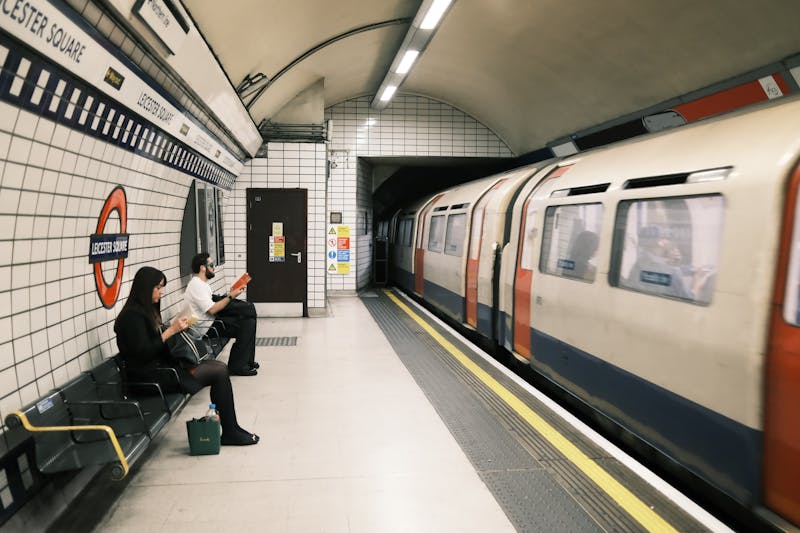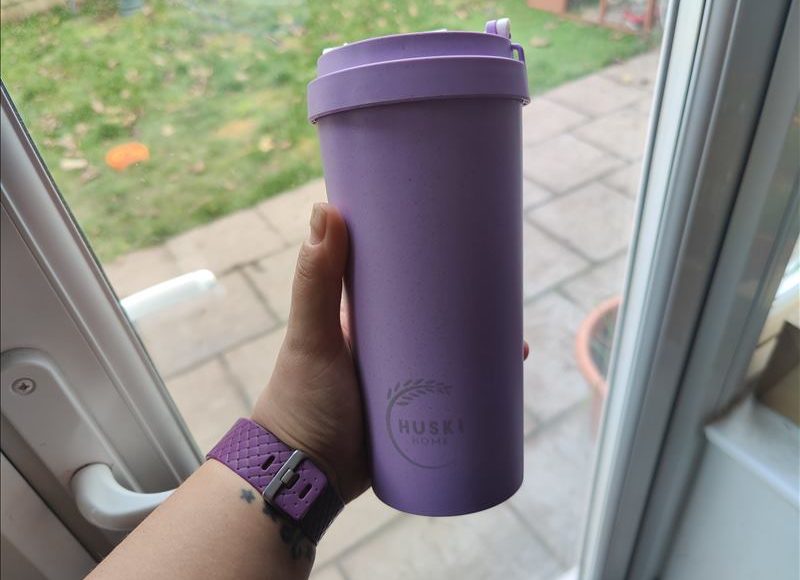Morning Habits That Make Winter Commutes More Bearable

Dark winter mornings mean many people in London start their day before the sun rises. When the alarm rings and the sky is still dark, getting ready to leave for work can seem hard. For most, travelling to work is still part of daily life, even when it is cold and gloomy outside.
Building simple morning habits can transform your winter commuting experience from dreadful to manageable. Small changes to your routine before leaving home often make the biggest difference. No matter your mode of travel, bike, tube, car or bus, how you prepare in those first waking hours shapes your entire journey.
Winter commuting does not always have to be a daily endurance test. A well-considered approach helps keep commuters warmer, reduces arrival stress, and sometimes delivers unexpected enjoyment throughout the journey across the city. These morning rituals require only a few minutes to adopt yet often lead to substantial improvements when facing the seasonal challenges of London commuting.
Prepare Your Gear The Night Before
Setting aside time in the evening to organise everything you need brings smoother, less frantic mornings. Packing your bag, placing keys, and collecting gloves and helmet before bed helps limit forgetfulness during early starts. London commuters often mention that this reduces delays and improves punctuality, especially for cyclists who must not forget safety items like lights and locks. These actions cut stress and speed up departures, which is echoed by cyclists in bag packing routines.
Establishing a small “launch pad” near the door is a practical step. This keeps all travel basics, keys, cards, gloves, in one spot. For cycling, it’s also best to group together cycling apparel, reflective wear, spare lights, and work gear, so nothing is overlooked during a busy exit.
Choosing and laying out weather-appropriate clothing, especially in layers, simplifies the morning. Thin layers can be added or removed as needed for sudden changes in temperature. Checking the forecast at night helps select shoes and outerwear, reducing risk of dressing errors when running late.
The quick evening habit of checking your bike, testing brakes, topping up air, and readying locks, means you avoid last-minute problems that could delay or derail your commute. Consistent planning ensures safer, more confident travel on cold winter mornings.
Adjust Your Sleep Schedule Strategically
Winter mornings in London bring longer darkness, which often causes grogginess during early commutes. Adapting sleep times by heading to bed 15 minutes earlier each night can help the body transition to earlier wake-ups, making winter mornings feel less abrupt and draining. This steady change prevents sudden disruptions and keeps energy steady through the week.
Sleep experts suggest keeping bed and wake times consistent, even on weekends, to reinforce healthy sleep rhythms all winter. Failing to do so can lead to a “social jetlag” effect, making workdays harder to manage and increasing morning fatigue, especially on colder days when motivation already dips.
Stepping into strong, artificial light as soon as you wake up is a proven way to cue your body clock. This is especially useful for commuters struggling with dark surroundings at both ends of the day. People who are prone to seasonal low moods can benefit from sunrise simulation lamps, which gradually brighten the room and reduce the jolt of a harsh alarm.
Master The Art Of Layering For Commutes
Layering is a practical system that controls warmth and moisture during winter commutes. The three-layer rule works best: an active base layer wicks sweat, a mid-layer holds warmth, and a protective shell keeps out wind and rain. Each layer serves a clear function, helping commuters stay dry and comfortable in London’s unpredictable weather.
Choose a base layer made from merino wool or technical synthetics, as these pull moisture away from skin to avoid heat loss. Cotton stays wet and leads to chilling, so it should be skipped for any base clothing. Keeping sweat off your skin maintains body heat across long journeys in the cold.
Mid-layers use materials such as fleece or lightweight down, trapping warm air close to your body. Look for options that compress into your bag, as many London commuters do, to make arriving at work easier and less bulky.
For the outer layer, balance water and wind resistance with breathability. High-quality membranes like Gore-Tex block rain and let sweat out, which keeps you dry from both weather and exertion. Cyclists benefit from outer shells with reflective details and vents for extra safety and airflow. Many turn to specialist retailers for cycling apparel and triathlon clothing to get gear tailored for city rides or multi-sport transitions.
If you’re upgrading your winter riding setup, now is a great time to shop triathlon bikes that offer a blend of speed and endurance, perfect for both training and fast commutes. Whether you ride tt bikes or time trial bikes, choosing the right frame and components for winter roads can make all the difference.
Londoners also need adaptability: jackets with zips for venting or layers that pack down help manage sudden changes in temperature or moving between indoors and outside. This flexible approach keeps comfort and safety high on variable commutes.
Prepare For Unexpected Weather Changes
UK weather shifts often, so checking a reliable forecast before leaving helps avoid surprises. In London, temperatures can drop or rise within hours, so a quick glance at your weather app over breakfast keeps your outfit and plans appropriate. Many experienced commuters check both current reports and the daily outlook in this window—weather review during breakfast makes practical sense for setting expectations.
Using forecast updates between 5 am and 6 am provides the latest conditions. This timing helps you skip out-of-date info and dress right for changing weather. Hour-by-hour checks reveal when rain or icy patches might hit, giving you a real edge for deciding when to leave.
Having a plan in case of rain, snow, or strong winds is smart. Save backup routes on your phone and keep taxi or lift contacts ready, especially if public transport or cycling becomes impossible. Many workplaces now support flexible policies, so knowing remote work options reduces last-minute stress.
A small emergency kit, spare gloves, a compact torch, a phone charger, and extra cash, can make a big difference during unexpected delays or harsh weather. Stash these in your bag for quick access and peace of mind. If you’re on a training plan or commuting on a triathlon schedule, having essentials like a triathlon watch ensures you stay on track even when the day doesn’t go as planned.
If forecasts suggest heavy rain or icy periods, leaving just 15 minutes earlier or later helps dodge the toughest travel windows. This small move helps commuters arrive drier and safer, avoiding peak-time disruptions and extra stress.
Create A Winter Commuting Support Network
Joining forces with colleagues or friends during winter commutes brings practical benefits. Travelling together, such as with a cycling group or car share, helps everyone stay alert to unexpected issues and lessens the risk of leaving essentials behind. Team chats or pre-journey message threads allow group members to swap reminders and track weather updates, leading to fewer missed items and supporting better problem-solving if plans change.
Talking with your employer about adverse weather policies and work-from-home options prepares you for disruptions. Many London companies offer formal responses to severe weather, so clarifying these in advance reduces the risk of last-minute panic or rushed decisions if your route is blocked.
Honest, real-time messages about travel progress keep teams connected and expectations realistic. Regular updates via chat help manage delays due to train issues or icy roads and avoid misunderstandings about late arrivals. Simple check-ins create a shared sense of accountability, maintain morale, and let teams adapt when winter brings sudden changes. Proactive communication and coordination mean the whole group benefits with less stress and a smoother end to any cold commute.
Winter commutes in London don’t have to be miserable. A bit of planning each evening and morning can lead to calmer, safer, and even more enjoyable journeys through the winter months. Small steps truly make a big difference.





